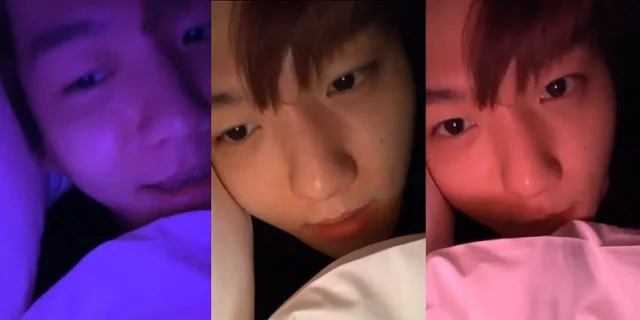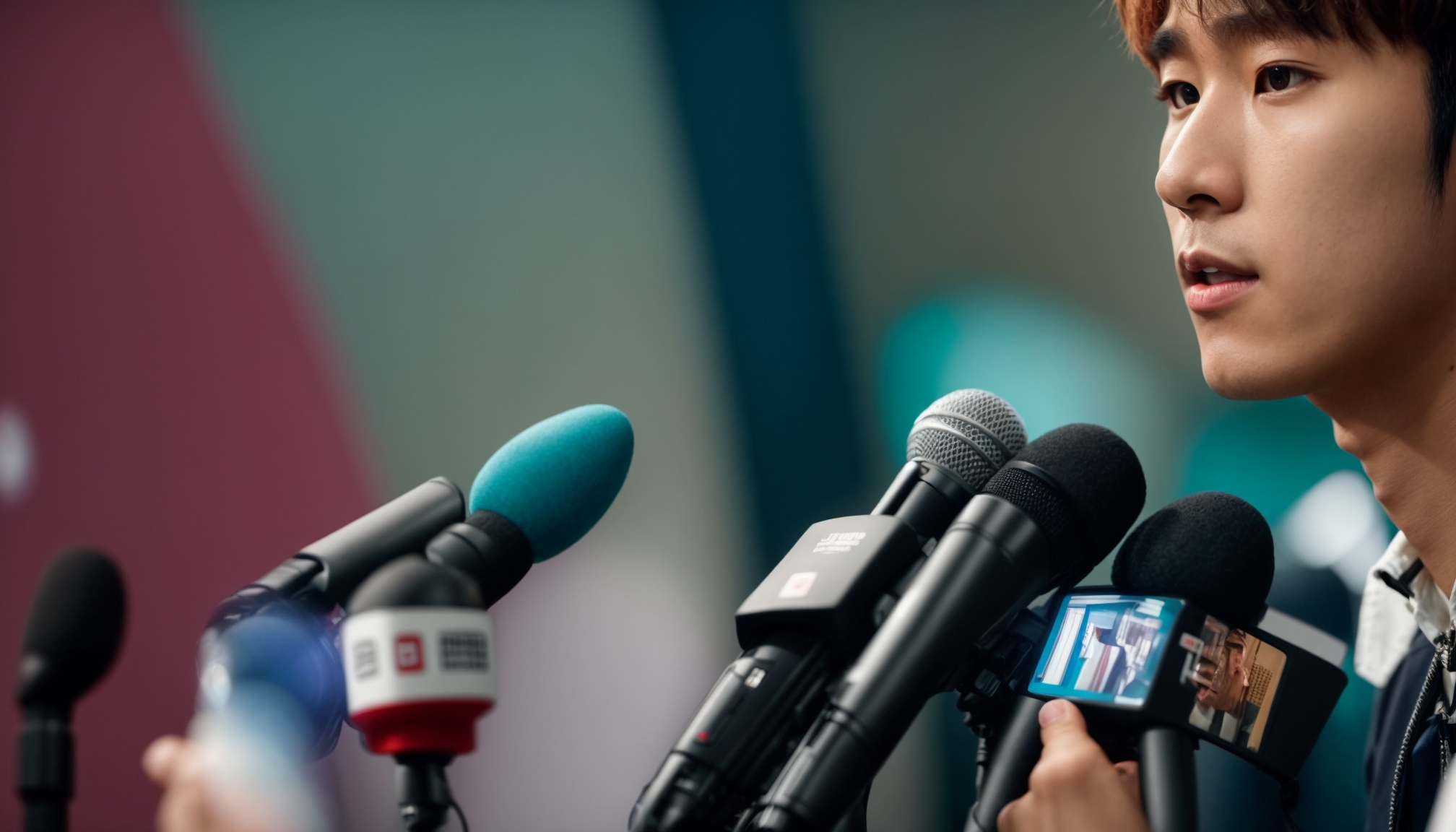Smashing – K-pop idols are known for their polished personas, carefully curated to maintain a flawless image. But in a rare and raw moment, one idol shattered that expectation by directly calling out a sasaeng fan during a live broadcast. The video spread like wildfire, leaving fans stunned and sparking debates about the dark side of celebrity worship.
This wasn’t just a passing comment it was a bold, unscripted confrontation that exposed the relentless harassment idols face. What drove the idol to break protocol, and what does this incident say about the limits of fan-idol relationships?
The Incident That Shocked Fans
The moment unfolded during a routine live stream, where the idol was casually interacting with fans. Suddenly, their expression shifted as they addressed a specific viewer by name—a known sasaeng who had been stalking them for months. The idol called out the sasaeng’s invasive behavior, from leaking private schedules to sending unwanted gifts to their home.
Eyewitnesses reported that the idol’s tone was firm but measured, a clear departure from their usual cheerful demeanor. The sasaeng, who had been active in the chat, quickly disappeared after being exposed. Clips of the confrontation went viral, with fans praising the idol’s courage while others questioned the ethics of public shaming.
Who Are Sasaeng Fans?
The term sasaeng refers to obsessive fans who cross boundaries, engaging in stalking, harassment, and even illegal activities to get closer to their idols. These individuals are notorious for tracking idols’ movements, hacking their personal information, and causing disruptions at events.
The idol who called out the sasaeng on live isn’t the first to face such extreme behavior, but they are among the few who have addressed it so openly. Most idols tolerate these intrusions silently, fearing backlash or damage to their careers. This incident raises a critical question: Why do sasaengs exist, and why is the industry so slow to stop them?
The Industry’s Complicated Relationship With Sasaengs
K-pop agencies have long struggled to balance fan engagement with artist safety. Sasaengs often spend exorbitant amounts on albums, merchandise, and fan events, making them lucrative if problematic supporters. Some companies turn a blind eye to their behavior, prioritizing profits over their artists’ well-being.
But the tide may be turning. The idol who called out the sasaeng on live has sparked a broader conversation about accountability. Fans are demanding stricter protections, from better privacy laws to harsher penalties for stalkers. Meanwhile, agencies are under pressure to take a stand, even if it means losing revenue from obsessive fans.
How Fans Are Reacting
The response to the incident has been divided. While many applaud the idol for setting boundaries, others worry about the potential fallout. Some fear the sasaeng could retaliate, escalating their harassment. Others argue that public confrontations might encourage more fans to seek attention through extreme behavior.
Despite the debate, one thing is clear: The idol’s actions have empowered others to speak up. More artists are sharing their own experiences with sasaengs, and fan communities are rallying to report suspicious activity. Could this mark the beginning of a cultural shift in how the industry handles obsessive fandom?
Final Reflection: A Line Crossed, A Conversation Started
The idol who called out the sasaeng on live didn’t just confront one individual—they challenged an entire system that normalizes invasion of privacy. Their bravery has ignited a overdue discussion about respect, safety, and the true cost of fame.
For fans, it’s a reminder that idols are human beings deserving of basic boundaries. For the industry, it’s a wake-up call to prioritize mental health over profits. And for sasaengs? It’s a clear message: The era of unchecked obsession may finally be ending.





